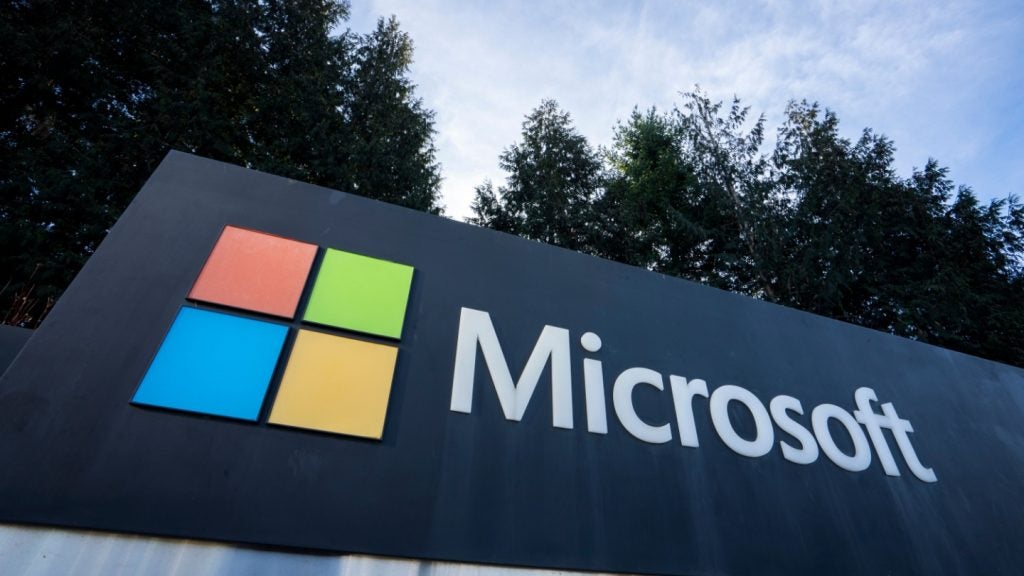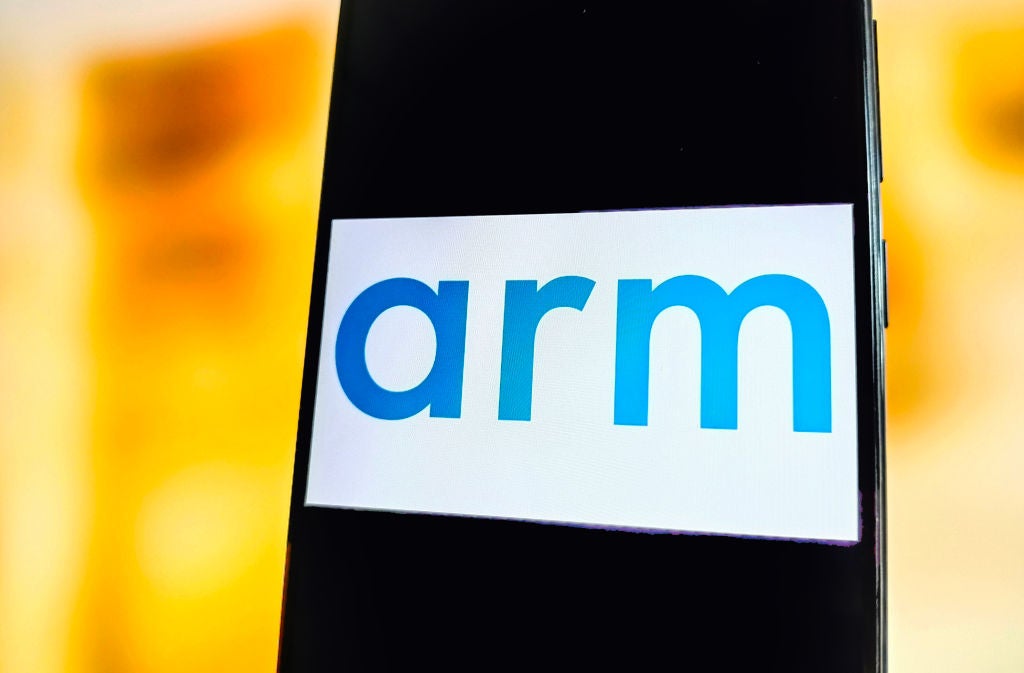
Meta committed to increasing AI spending in 2024 to between $35-40bn in its earnings call on Thursday (24 April), which saw the company’s share price drop 15%. The move highlighted Meta’s commitment to generative AI and firmly signalled its pivot from its all-metaverse focus of the last few years.
The AI investment comes amid a rapidly-evolving AI race, which has seen industry heavyweights including Google, OpenAI and Microsoft roll out AI services and products at a rapid rate.
While Meta did not specify how much, the company stated that it expected its AI expenditure to increase in the years following 2024 as it continues to build AI infrastructure.
Meta founder and CEO Mark Zuckerberg said the company had experienced a good start to the financial year. Meta recorded a total Q1 2024 revenue of $36.4bn, which is a 27% increase from last year.
However, Zuckerberg told investors that it would take time before Meta’s AI investments returned significant revenue back to the company.
Meta’s journey from the metaverse to AI
Facebook, once a social media company, rebranded to Meta in 2021. At the time, Zuckerberg said the rebranding highlighted the company’s new focus on creating the metaverse.
How well do you really know your competitors?
Access the most comprehensive Company Profiles on the market, powered by GlobalData. Save hours of research. Gain competitive edge.

Thank you!
Your download email will arrive shortly
Not ready to buy yet? Download a free sample
We are confident about the unique quality of our Company Profiles. However, we want you to make the most beneficial decision for your business, so we offer a free sample that you can download by submitting the below form
By GlobalDataThe metaverse, as Zuckerberg imagined it, is a digital world where people can interact, work, shop, and play in a variety of immersive virtual settings. The goal was to make digital interactions feel more like real-life experiences, like internet shopping in a 3D virtual supermarket or holding online corporate meetings in a digitally-rendered boardroom.
For a moment in time, the metaverse was the industry’s biggest buzzword. Technology giants such as Microsoft, Google, Amazon and NVIDIA were all involved in various ways. Other industries were involved too, for example, Walmart unveiled its own metaverse experience.
However, this all changed with the arrival of GenAI and OpenAI’s groundbreaking ChatGPT chatbot. The buzz that had once surrounded the future of the metaverse dissipated and Meta was forced to pivot.
In Meta’s Q1 2024 earnings call, Zuckerberg heavily focused on AI investments. While he mentions the metaverse three times, it is only in relation to AI.
Meta released its latest AI model, Llama 3, along with an image generator that updates photos through user prompts earlier this month.
The new models were integrated into Meta AI, the company’s virtual assistant, which the company said is more sophisticated at coding, creative writing and reasoning than offerings from its rivals, naming both Google and France’s Mistral AI.
Meta’s new AI assistant is being placed centrally across the company’s products, including Instagram, WhatsApp and Messenger. Similar to OpenAI’s popular ChatGPT, Meta AI will also get its own website.
Zuckerberg said in 2023 that Meta sees “an opportunity to introduce AI agents to billions of people in ways that will be useful and meaningful”.
What does Meta’s pivot to AI mean for the metaverse?
At first glance, it looks like Meta could be turning its back on the metaverse in favour of GenAI, a technology which has proven interest and potential revenue value. The grand metaverse vision has not been a lucrative journey to market so far for Meta. The company’s Reality Labs division, which handles all of the VR technology, lost over $13bn in 2022.
However, Laura Petrone, principal analyst at research and analysis company GlobalData, told Verdict that Meta’s aggressive AI spending is a needed foundation for its metaverse ambitions.
“I think rather than making a U-turn on the metaverse, Meta sees AI as a critical component of its long-term metaverse plans. Its AI investments are linked with building the foundation for the metaverse,” Petrone told Verdict.
“In particular, the AI-powered agent, which received a lot of attention during its earnings announcement, seems to be at the centre of its idea of the future of social media, providing the kind of interaction that anticipates the one it envisages in the digital universe,” she added.
Although virtual assistants are nothing new, the increasingly personalised agents incorporating GenAI could potentially provide a much more engaging way to reach customers, Petrone said.
“The race among Big Tech to monetise users’ attention using AI is heating up,” she added.
Jeff Watkins, chief product and technology officer at xDesign, told Verdict that Meta’s AI investments are more of a detour from the metaverse rather than an abandonment.
“[Meta is] forward thinking enough to understand that AI can be a significant revenue stream, as well as it being a crucial player in realising the Metaverse, aiding in creating worlds, characters and interactions,” Watkins said.
“The recent announcement that their VR headset operating system is being opened up to other hardware providers shows that Meta are still moving the needle on virtual reality, augmented reality and mixed reality,” he added.
Research and analysis company GlobalData forecast that 2024 will see an increased rollout of AI products on the market.
By 2027, it expects global GenAI revenues to exceed $33bn achieving a CAGR of 80% from 2022.






